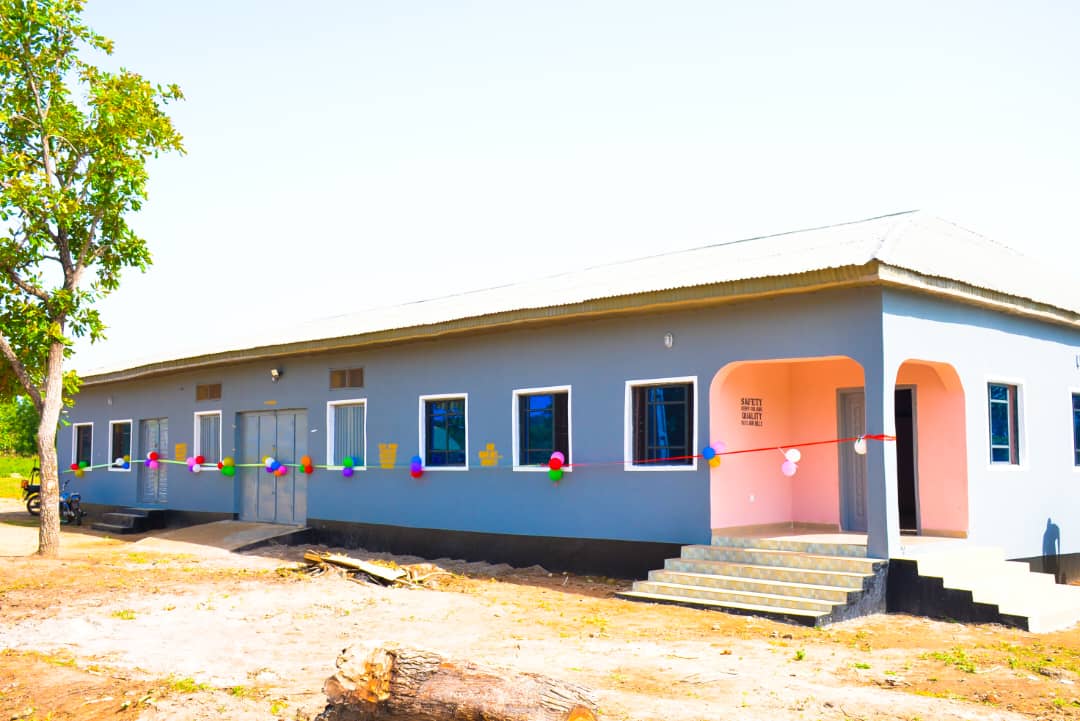A newly commissioned shea processing facility in Ilesha Baruba, Kwara State, is set to transform the local shea industry while empowering rural women and youth across the region.
The facility, launched by the Initiative for Gender Empowerment and Creativity (IGEC), is supported by grants from Estée Lauder Emerging Leaders and the Vital Voices Global Partnership. According to IGEC, the project represents a significant investment in grassroots economic development and local capacity building.
Designed to improve working conditions for shea nut processors, the centre is equipped with modern machinery, a borehole for clean water, a creche, cloakrooms, and dedicated storage for raw materials and finished goods. These features aim to create a safe, inclusive, and productive environment for local producers, many of whom are women working in informal, low-income settings.

During the unveiling, IGEC’s Executive Director, Mrs. Olasumbo Adeleke, stressed the importance of inclusive economic growth through community-led development. “The most effective way to fight poverty is from the ground up — by investing in rural women farmers and processors,” she said. “With improved tools and support, they can grow their businesses and create ripple effects across their communities.”
She also emphasized Nigeria’s underutilized position in the global shea market. Despite producing approximately 500,000 metric tons of shea nuts annually, the country processes less than 10 percent of it locally. This, according to Adeleke, represents a missed opportunity in a global market valued at over $2.5 billion.
“Over 60 percent of Nigeria’s shea workers are rural women,” she noted. “Yet, many still operate in difficult conditions without access to finance, equipment, or market links. Local processing could increase their earnings by up to 70 percent, significantly improving household income, education, and healthcare.”
The facility’s opening ceremony attracted several high-profile guests, including the Emir of Ilesha Baruba, Professor Haliru Abubakar, as well as representatives from government ministries, traditional institutions, women’s groups, and youth organisations.
Looking forward, IGEC announced plans to replicate the model across other underserved regions of Nigeria. The initiative aims to create modular processing plants that will offer training, employment, and market access to rural women and young people, helping them become economically active contributors to their communities.
“We are determined to strengthen rural economies by unlocking the potential of agriculture,” Adeleke stated. “Every woman empowered and every youth engaged is a step toward building not just shea products, but long-lasting prosperity and dignity.”
The launch marks a significant stride toward inclusive development and showcases a scalable model for rural industrial.




